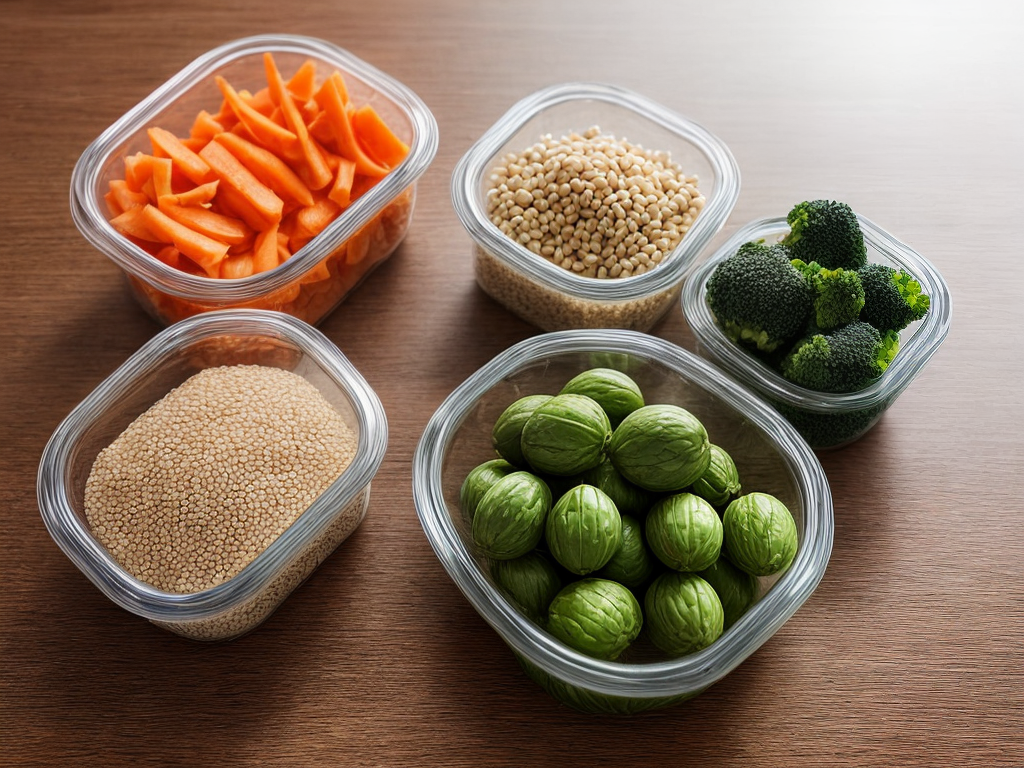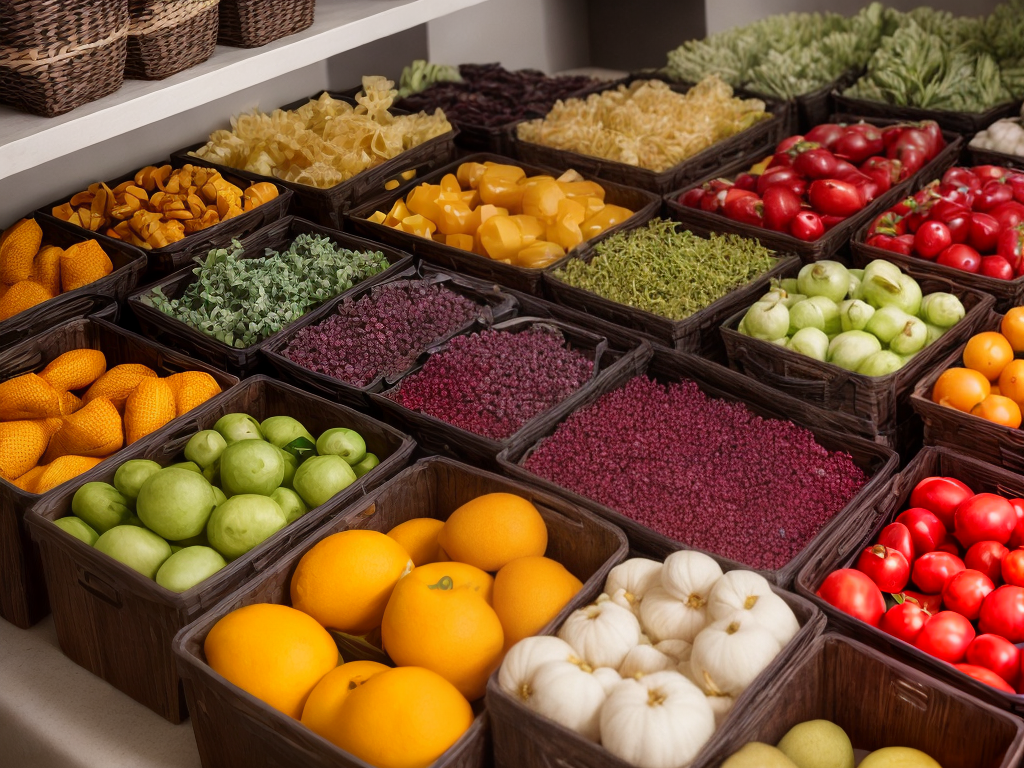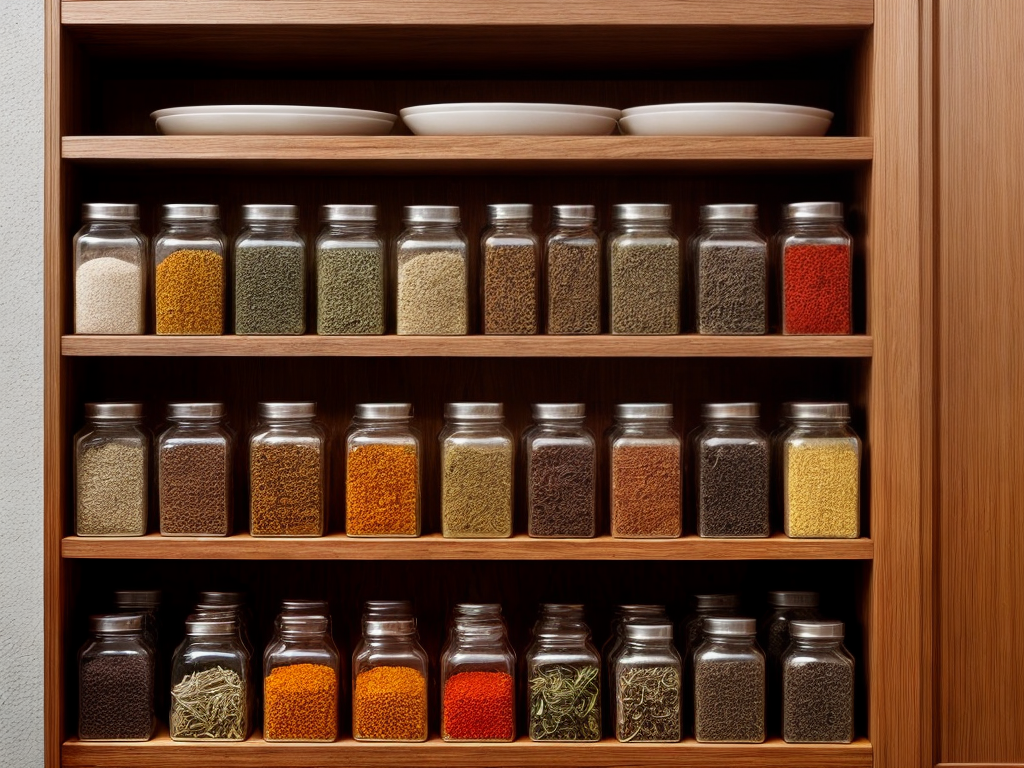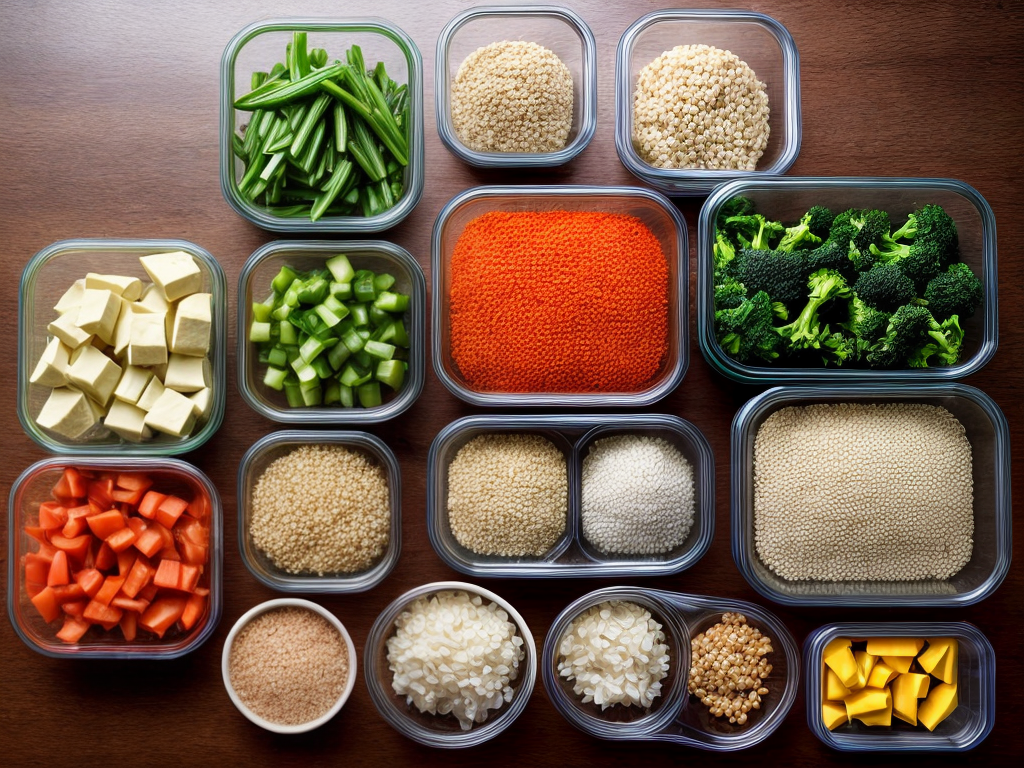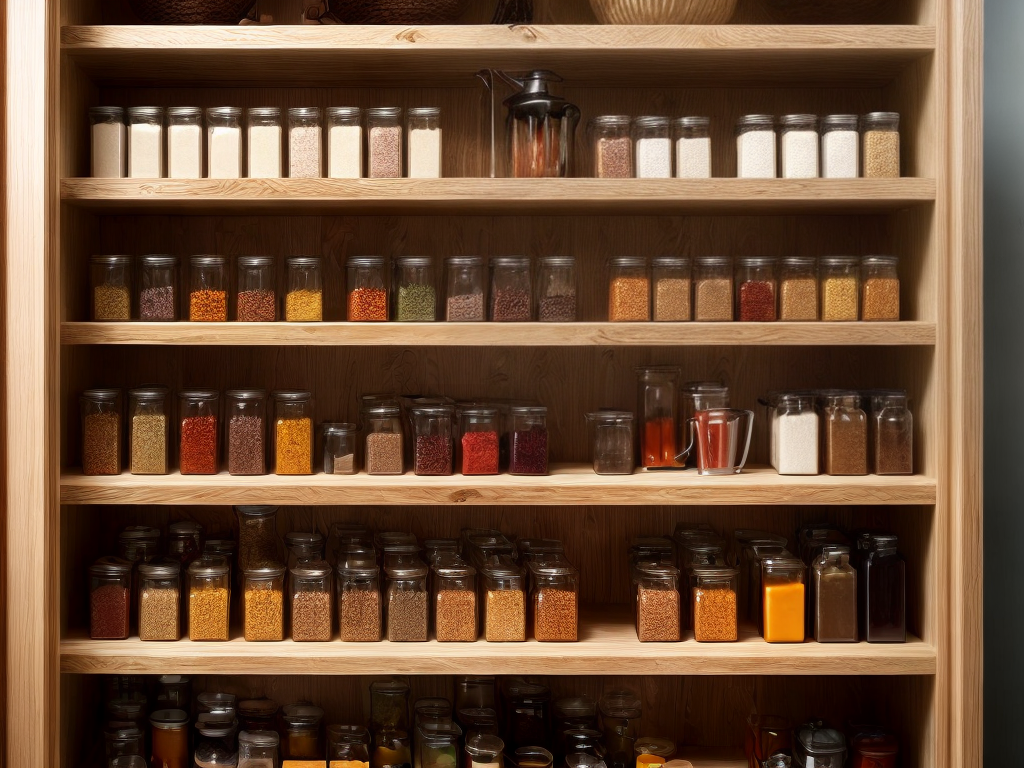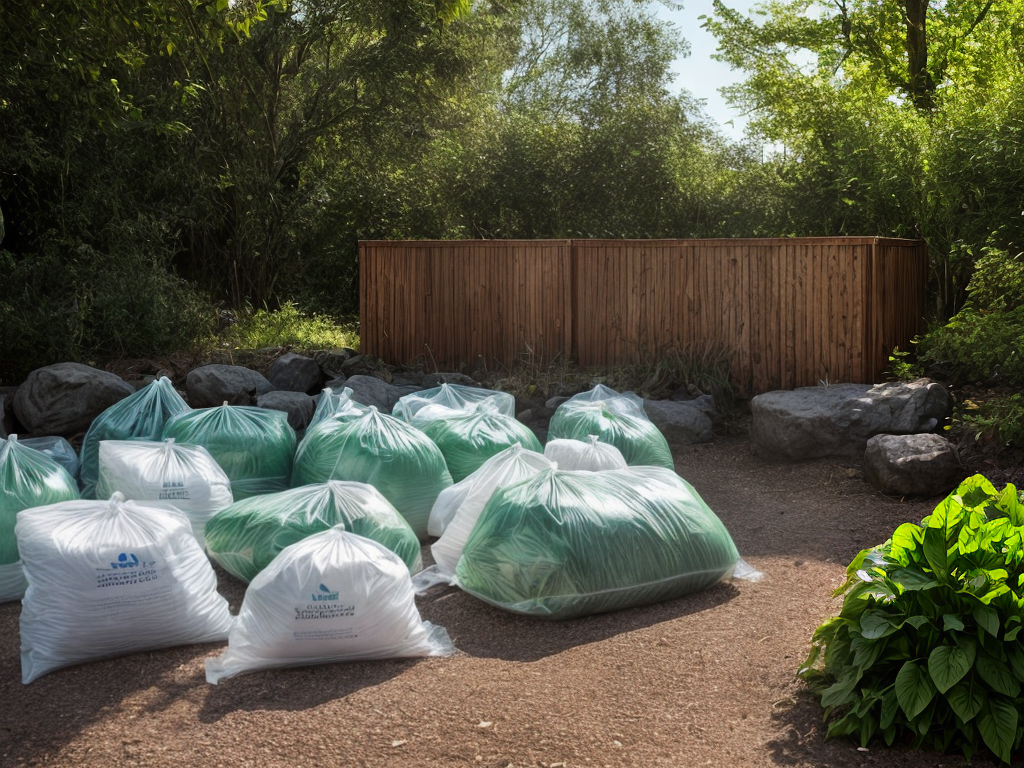
Did you know that traditional plastic food storage bags can take hundreds of years to decompose? Luckily, there is a more environmentally friendly option available: compostable food storage bags. In this discussion, we will explore the best compostable food storage bags on the market, considering factors such as durability, leak-proof capabilities, and eco-friendly certifications. Whether you’re looking for the best bags for leftovers, snacks, sandwiches, or produce storage, we’ve got you covered. Stay tuned to discover the top-rated compostable food storage bags and learn how to properly dispose of them.
What Are Compostable Food Storage Bags?
Compostable food storage bags are environmentally-friendly alternatives to traditional plastic bags that can be broken down and turned into compost. These bags are made from renewable resources such as plant-based materials like cornstarch, sugarcane, or vegetable oils. They offer several benefits that make them an appealing choice for those looking to reduce their environmental impact.
One of the key benefits of compostable food storage bags is their ability to break down naturally in composting systems. Unlike traditional plastic bags, which can take hundreds of years to decompose, compostable bags can break down within a few months under the right conditions. This not only helps to reduce the amount of waste sent to landfills but also contributes to the creation of nutrient-rich compost that can be used to enhance soil health.
When choosing compostable food storage bags, there are a few factors to consider. Firstly, it’s important to look for certifications such as the Biodegradable Products Institute (BPI) certification, which ensures that the bags meet specific compostability standards. Additionally, considering the thickness and durability of the bags is crucial, as it affects their ability to hold and protect food.
Benefits of Using Compostable Food Storage Bags
I find that there are several benefits to using compostable food storage bags. Firstly, they have a positive environmental impact as they are made from renewable resources and break down naturally, reducing waste in landfills. Secondly, they offer convenience and versatility, as they can be used for storing various types of food and are often freezer and microwave safe. Overall, using compostable food storage bags is a practical and eco-friendly choice for anyone looking to reduce their environmental footprint.
Environmental Impact
Using compostable food storage bags provides several environmental benefits.
- Sustainability: Compostable bags are made from renewable resources, such as plant-based materials, which reduces reliance on fossil fuels and promotes a more sustainable future.
- Waste Reduction: These bags are designed to break down naturally, reducing the amount of waste that ends up in landfills. Traditional plastic bags can take hundreds of years to decompose, while compostable bags can break down in a matter of months.
- Lower Carbon Footprint: Compostable bags have a lower carbon footprint compared to traditional plastic bags. The manufacturing process emits fewer greenhouse gases, making them a more environmentally friendly option.
Convenience and Versatility
Are you tired of struggling with traditional plastic bags that tear easily and don’t hold up well? If so, it’s time to consider the convenience and versatility of compostable food storage bags. These eco-friendly alternatives offer several benefits for those seeking a more sustainable option. Compostable food storage bags are designed to be durable and tear-resistant, providing a reliable solution for storing your food. They are also versatile, suitable for a variety of uses, from storing leftovers in the fridge to packing snacks for on-the-go. Additionally, compostable bags are made from renewable resources, reducing the reliance on fossil fuels and contributing to a healthier environment. With their convenience and versatility, compostable food storage bags are a practical and eco-friendly choice for those who desire mastery over their environmental impact.
Factors to Consider When Choosing Compostable Food Storage Bags
When choosing compostable food storage bags, there are several factors to consider. Firstly, the material options available are important to determine their durability and environmental impact. Secondly, looking for certifications and standards can ensure that the bags meet certain quality and sustainability criteria. Lastly, considering the size and capacity of the bags is crucial to ensure they can accommodate your specific storage needs. Taking these factors into account will help you make an informed decision when selecting compostable food storage bags.
Material Options
To choose the right compostable food storage bag, it is important to consider various factors related to the material options available. Here are some key points to consider:
- Biodegradable options: Look for bags made from materials like plant starches, cellulose, or compostable plastics. These materials break down naturally in composting facilities, reducing environmental impact.
- Cost comparisons: While compostable bags may seem more expensive initially, consider the long-term benefits. They can reduce waste and help minimize the need for single-use plastic bags, which can lead to cost savings in the long run.
- Durability and functionality: Ensure that the bag you choose is strong enough to hold your food items and has features like leak-proof seals or resealable closures for added convenience.
Considering these factors will help you make an informed decision when choosing compostable food storage bags.
Certifications and Standards
Certifications and standards play a crucial role in ensuring the quality and environmental sustainability of compostable food storage bags. When choosing these bags, it is important to look for certifications that validate their compostability, such as the ASTM D6400 or EN 13432 certification processes. These certifications ensure that the bags meet specific requirements for biodegradability and compostability. Additionally, industry standards, such as the Biodegradable Products Institute (BPI) certification, provide further assurance of a bag’s environmental credentials. These standards ensure that the bags are made from renewable materials and meet specific criteria for biodegradation and compostability. By choosing compostable food storage bags that have undergone rigorous certification processes and meet industry standards, consumers can have confidence in their eco-friendly choice and contribute to a more sustainable future.
Size and Capacity
Size and capacity are important factors to consider when choosing compostable food storage bags. When it comes to food storage options, you want a bag that can hold an adequate amount of food without taking up too much space in your refrigerator or pantry. Here are three key considerations for size and capacity:
-
Capacity: Look for bags that come in different sizes to accommodate various amounts of food. This will allow you to choose the right bag for your specific needs, whether you’re storing leftovers or prepping meals in advance.
-
Thickness: Consider the thickness of the bag, as it can affect its capacity. Thicker bags are generally more durable and can hold more weight without tearing or leaking.
-
Storage space: Take into account the space you have available for storing the bags. Look for bags that are stackable or can be stored flat to optimize your storage area.
Considering these factors will help you find the right compostable food storage bags that meet your capacity needs while promoting sustainable packaging.
Top-Rated Compostable Food Storage Bags
When it comes to finding the best compostable food storage bags, there are several top-rated options available on the market. To help you make an informed decision, I have compiled a list of the best brands along with a cost comparison. Check out the table below for a quick overview:
| Brand | Size (Gallons) | Quantity | Price |
|---|---|---|---|
| Brand A | 1 | 50 | $10 |
| Brand B | 2 | 30 | $15 |
| Brand C | 3 | 20 | $12 |
Brand A offers the smallest size, with a capacity of 1 gallon, perfect for smaller storage needs. It comes in a pack of 50 bags and is priced at $10, making it a budget-friendly option. Brand B, on the other hand, provides a larger size of 2 gallons, but with a slightly smaller quantity of 30 bags. It is priced at $15, offering a good balance between size and cost. Lastly, Brand C offers the largest size of 3 gallons, but with the lowest quantity of 20 bags. It is priced at $12, providing a slightly more expensive option.
When considering the best compostable food storage bags, it’s important to weigh factors such as size, quantity, and price to determine which brand suits your needs and budget the most.
Best Compostable Food Storage Bags for Leftovers
After researching various brands and considering factors such as size, quantity, and price, I have found the best compostable food storage bags for leftovers. When it comes to meal prep, it’s important to have reliable storage options that are not only eco-friendly but also practical. Here are three top choices for compostable food storage bags for leftovers:
-
1. BioBag Resealable Food Storage Bags – These bags are perfect for storing leftovers from your meal prep. They are made from plant-based materials and are completely compostable. The resealable feature ensures that your food stays fresh and secure.
-
2. If You Care Compostable Sandwich Bags – Although marketed as sandwich bags, these versatile bags are also great for storing leftovers. They are made from unbleached pulp and are completely compostable. The bags are the perfect size for storing individual portions of leftovers.
-
3. Green Earth Compostable Food Storage Bags – These bags are ideal for on-the-go lunches. They are made from plant-based materials and are fully compostable. The bags are durable and leak-proof, making them a convenient and eco-friendly option for storing your leftovers.
When it comes to compostable food storage bags for leftovers, these options provide both convenience and sustainability. Whether you’re meal prepping or packing on-the-go lunches, these bags are a reliable choice for storing your leftovers in an eco-friendly manner.
Compostable Food Storage Bags for Snacks and Sandwiches
For snacks and sandwiches, there are a variety of compostable food storage bags available on the market. These bags are not only convenient for storing your favorite snacks and sandwiches, but they are also environmentally friendly. They are made from renewable resources such as plant-based materials, and they break down easily in composting systems, reducing their impact on the environment.
To help you choose the best compostable food storage bags for your needs, here are some options to consider:
| Brand | Size | Features |
|---|---|---|
| Brand A | 7″ x 7″ | Leak-proof, resealable, perfect for meal prepping |
| Brand B | 6″ x 8″ | Lightweight, durable, ideal for camping trips |
| Brand C | 6.5″ x 6.5″ | BPA-free, freezer-safe, great for on-the-go snacks |
Brand A offers leak-proof and resealable bags, making them perfect for meal prepping. They provide a secure seal to keep your snacks and sandwiches fresh for longer periods. Brand B, on the other hand, is lightweight and durable, making them an excellent choice for camping trips where space and weight are important factors. Lastly, Brand C offers BPA-free bags that are also freezer-safe, making them great for storing snacks in the freezer for a quick grab-and-go option.
With these compostable food storage bags, you can enjoy your snacks and sandwiches while reducing your environmental footprint. Whether you’re meal prepping or going on a camping trip, these bags are a sustainable and convenient choice.
Eco-Friendly Options for Produce Storage
To store your produce in an eco-friendly way, there are several options available that are both sustainable and effective. Here are three eco-friendly options for produce storage:
-
Reusable produce bags: These bags are made from durable, washable materials such as organic cotton or recycled PET. They are designed specifically for storing fruits and vegetables and come in various sizes to accommodate different types of produce. Reusable produce bags are a great alternative to single-use plastic bags and can be used over and over again, reducing waste and environmental impact.
-
Glass containers: Glass containers are an excellent option for storing produce. They are non-toxic, easy to clean, and do not leach any harmful chemicals into your food. Glass containers also help keep your produce fresh and prevent it from getting crushed or bruised. They are a sustainable solution as they are reusable and recyclable.
-
Beeswax wraps: Beeswax wraps are a natural and sustainable alternative to plastic wrap. Made from cotton fabric coated with beeswax, these wraps are reusable and biodegradable. They can be used to wrap and store produce, helping to keep it fresh for longer. Beeswax wraps are easy to clean and can be used for up to a year before needing to be replaced.
How to Properly Dispose of Compostable Food Storage Bags
When disposing of compostable food storage bags, it is important to follow proper guidelines to ensure they are disposed of in an environmentally responsible manner. To achieve proper disposal, composting techniques can be employed. Firstly, make sure the bags are free from any food residue. This can be done by rinsing them with water or using a mild detergent. Next, tear the bags into smaller pieces to facilitate the decomposition process. It is important to note that compostable bags should not be mixed with non-compostable materials such as plastic or metal. Instead, they should be placed in a compost bin or pile that is well-aerated and contains a mix of organic waste, such as fruit and vegetable scraps, leaves, and yard trimmings. The compost pile should be turned regularly to ensure proper decomposition. Within a few months, the bags will break down and turn into nutrient-rich compost that can be used to enrich soil in gardens or flower beds. By following these proper disposal guidelines and employing composting techniques, we can ensure that compostable food storage bags are disposed of in an environmentally responsible manner.
Conclusion
In conclusion, compostable food storage bags offer a convenient and eco-friendly solution for storing leftovers, snacks, sandwiches, and produce. They provide numerous benefits, such as reducing plastic waste and promoting sustainability. When choosing compostable food storage bags, consider factors like size, durability, and certifications. Our top-rated options ensure quality and functionality. Remember to properly dispose of these bags by composting them, contributing to a greener future.

